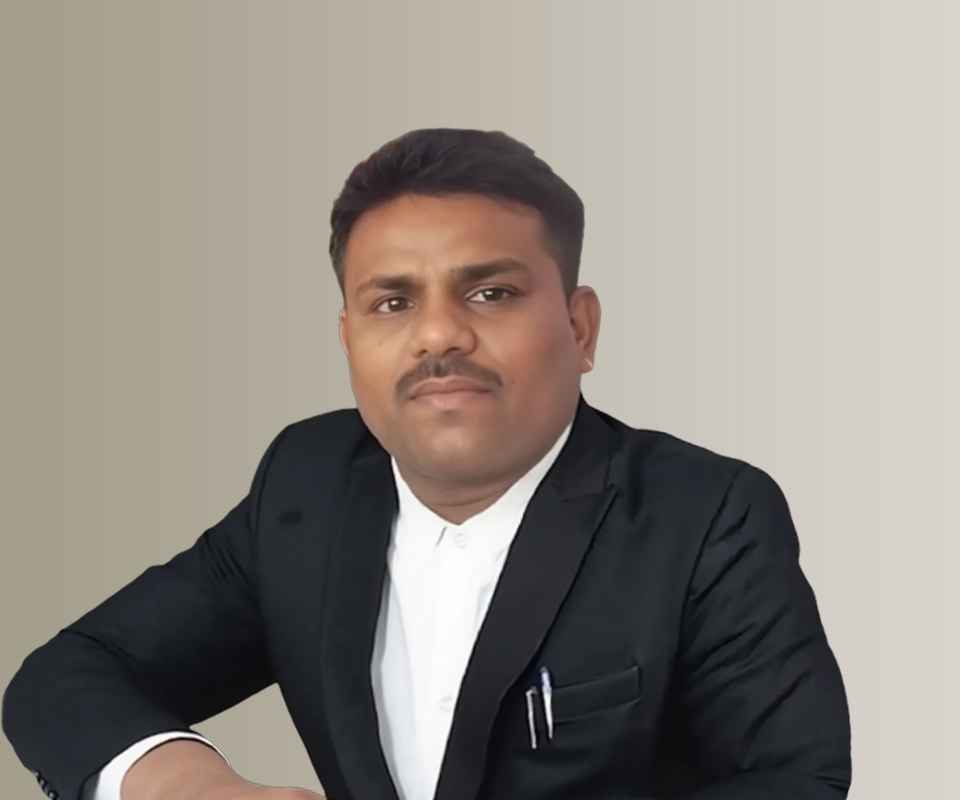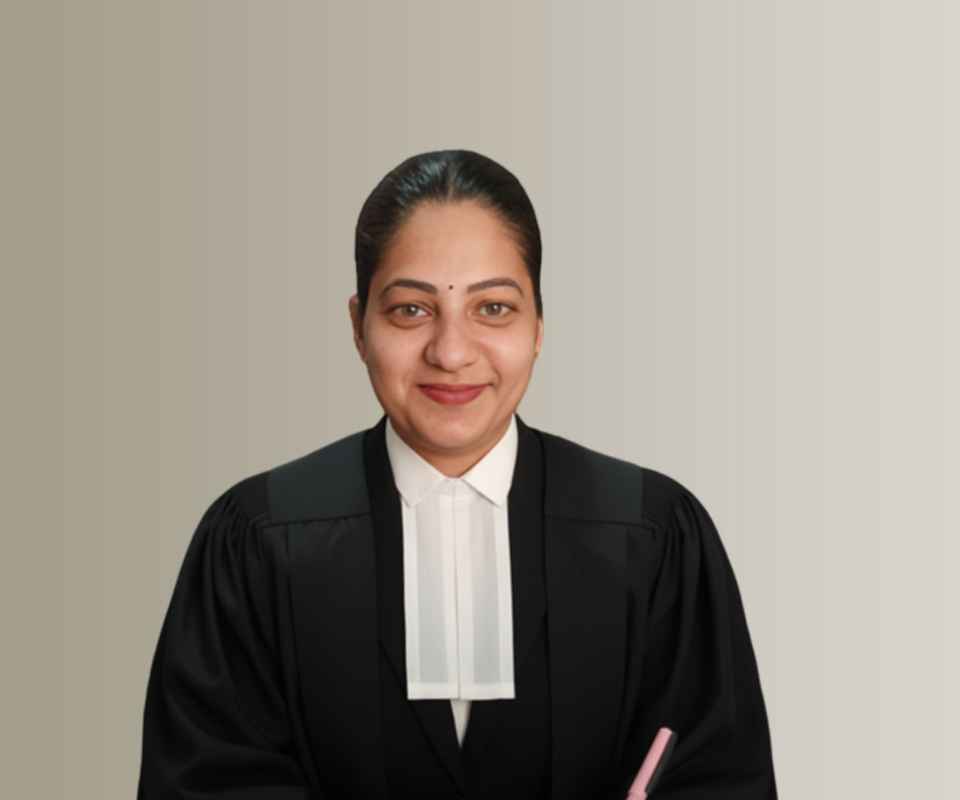Answer By law4u team
Senior citizens often face challenges in managing their affairs due to declining physical or mental health. Indian law provides mechanisms through which seniors can appoint trusted individuals to act on their behalf. While the concept of a legal guardian is generally reserved for minors or persons with incapacities, seniors can appoint legal representatives through instruments like Power of Attorney or advance directives to ensure their wishes are respected and their affairs managed properly.
Legal Options for Seniors to Appoint Guardians or Representatives
1. Power of Attorney (POA)
A senior citizen can grant Power of Attorney to a trusted person, authorizing them to manage financial, legal, or personal matters.
POA can be general or specific (limited to certain tasks), and must be executed voluntarily by a person with mental capacity.
It ceases if the senior loses mental capacity, unless it is a durable POA (recognized under some jurisdictions).
2. Advance Medical Directives (Living Wills)
Seniors can prepare advance directives specifying their medical treatment preferences and appoint a healthcare proxy to make decisions if they become incapacitated.
The Supreme Court of India recognized advance directives in the Common Cause judgment (2018), though formal legislation is awaited.
3. Court-Appointed Guardianship
If a senior is mentally incapacitated and unable to manage their affairs, courts can appoint a legal guardian under the Mental Healthcare Act, 2017 or other relevant laws.
Guardianship involves oversight by the court to protect the senior’s interests.
4. Nomination for Financial Matters
Seniors can nominate persons to receive payments or benefits under pension schemes or insurance policies, ensuring smooth transfer of assets.
Rights and Limitations
Seniors must have the mental capacity to appoint a guardian or execute POA.
The appointed guardian or attorney must act in the best interests of the senior and cannot misuse authority.
Guardianship by the court is typically a last resort when seniors cannot decide for themselves.
Legal safeguards exist to prevent abuse or exploitation by appointed representatives.
Example
A 70-year-old woman in Pune, diagnosed with early-stage dementia, appoints her son as her Power of Attorney for financial and healthcare decisions. She also drafts an advance directive specifying her preferences for medical treatment. As her condition progresses, her son legally manages her pension payments, hospital visits, and care arrangements, ensuring her dignity and wishes are respected.







